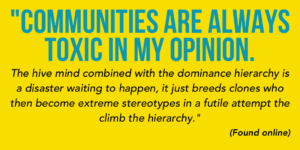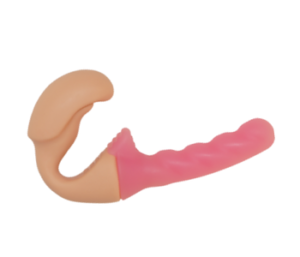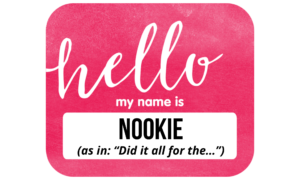I personally do everything in my power to avoid lying. I believe it’s wrong. I don’t believe there is a reason for ME to ever lie that is worth the harm it can do.
I write about lying. A lot. Because I am passionate about teaching skills for communication that don’t include lying.
I’ve also written about what is in our personal control and what is not, in my view.
Which means, that I cannot control whether others lie.
And I would not want to—controlling myself on the daily is enough of a task for me, TYVM.
Someone recently reached out to me, who had been going through my writings and said:
“You say you won’t allow lying in your relationships, and you say that you can’t make people tell the truth.”
Then they linked to “What’s Wrong?” “Nothing.” “Ok.”, in which I seemingly DEFEND someone’s right to lie. And asked me if I see the conflicts as hypocritical.
Simple answer, “No.”
And with some back and forth, we got to two points that I believe are important:
The first point is about my policy of lying in relationships, especially in how I deal with others who have provably lied to me.
I have a near-zero tolerance policy for lying in my relationships.
However, that near-zero tolerance is put into effect once we formalize a relationship, which for me probably means something completely different than for most.
My formal relationships usually start after a year. In ONE case, 8 months, but that was rushing it. (Lucky for me, it’s been amazing!)
A year of teaching people not to lie to me, AND how to communicate with me without lying, knowing that I’m safe to speak openly with. Twelve months (or more) of responding to their truths with compassion and acceptance.
The second point is the foundation for that.
“Well, what do you do when they lie to you?”
I believe them.
I believe them, and I act as though they are telling me the truth, in a majority of cases.
There is very little that is more important to me than my partners’ mental health, well-being, and trust, and building those up.
So, if they lie, I believe them. And I tell them so. And I offer my help. And I give them the benefit of the doubt.
And sure, sometimes—hell, most of the time for liars—it will end the relationship eventually, when believing what they say is bad for ME and my life and well-being.
But that is true when they tell the truth as well and that truth is not good for me.
And when it’s clear they have lied?
I talk to them about it, and (usually) give them a chance to do better.
Their reaction to that conversation usually tells me everything I need to know about our relationship moving forward, if the lie itself did not.







